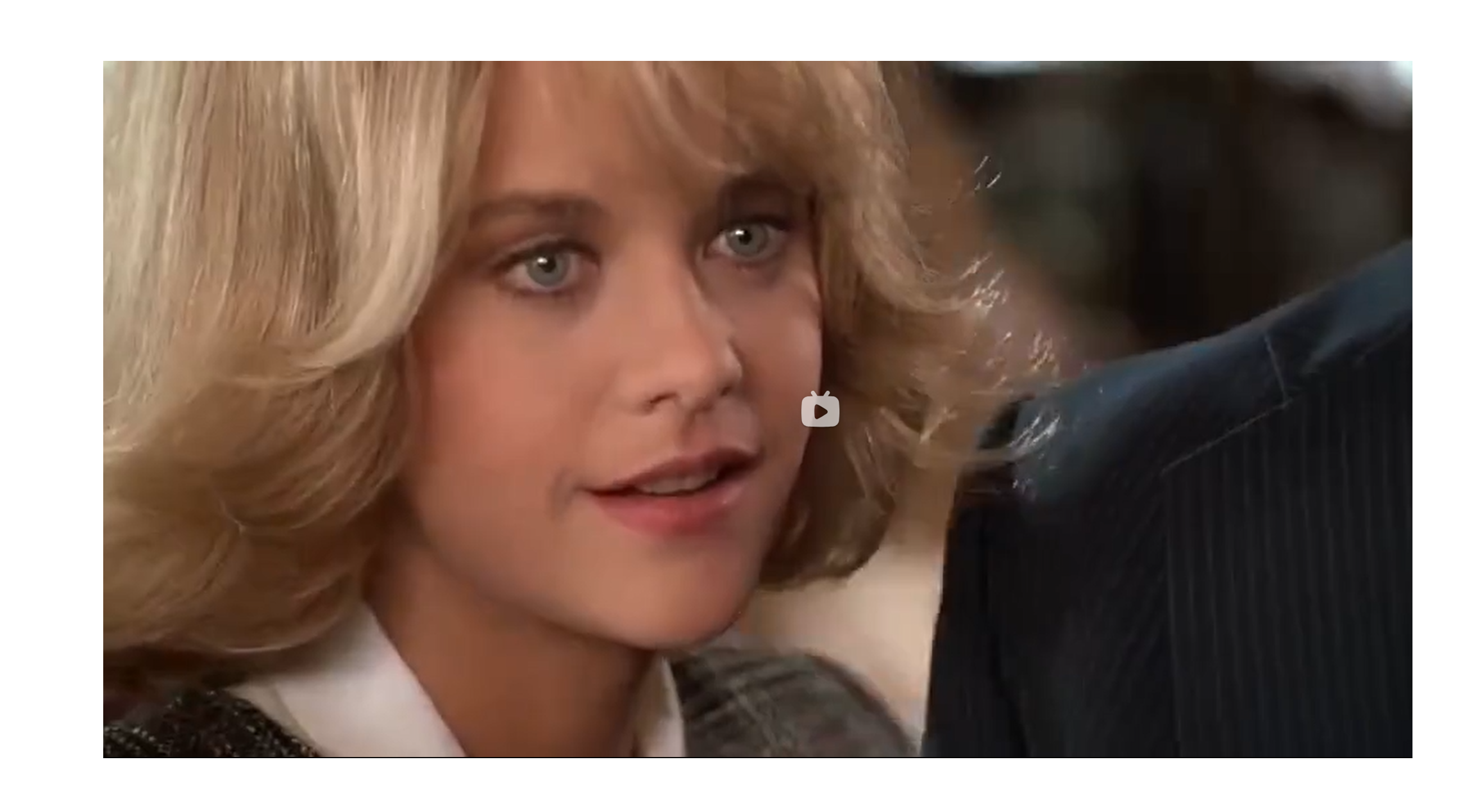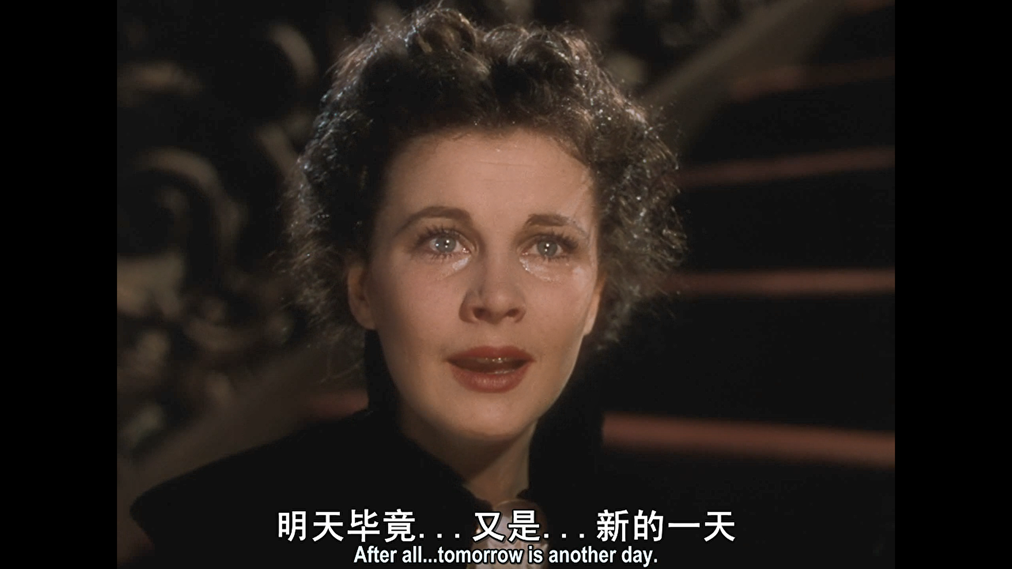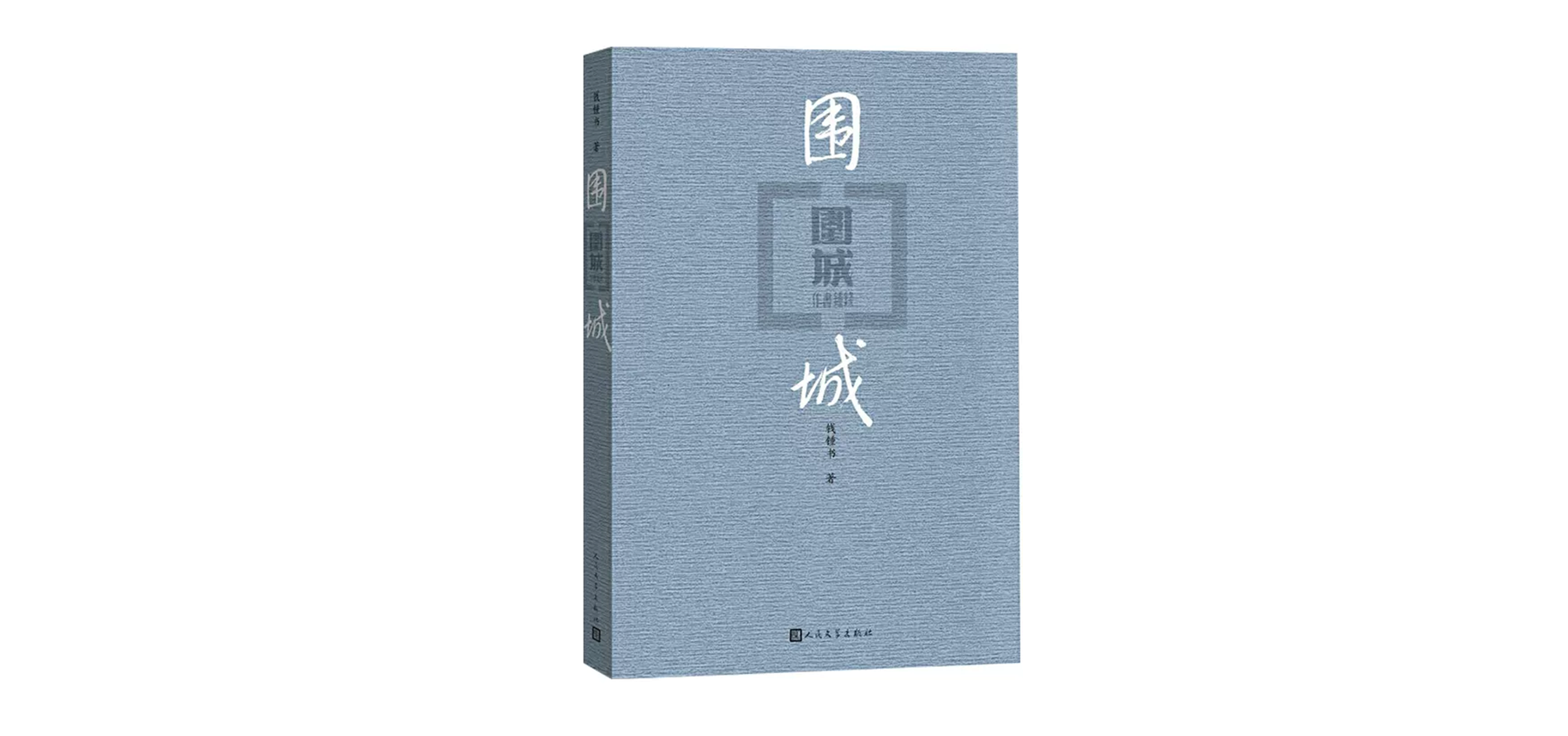每日外闻12
Back in my early Microsoft days, I routinely pulled all-nighters (整夜工作) when we had to deliver a piece of software. Once or twice (有一两次), I stayed up two nights in a row (连续). I knew I wasn’t as sharp when I was operating mostly on caffeine and adrenaline, but I was obsessed with my work, and I felt that sleeping a lot was lazy.(我迷上了自己的工作,我还觉得睡太多觉是懒惰的行为)
Now that I’ve read Matthew Walker’s Why We Sleep, I realize that my all-nighters, combined with almost never getting eight hours of sleep, took a big toll (敲钟).
Walker, the author of the book, explains how neglecting sleep undercuts (削弱) your creativity, problem solving, decision-making, learning, memory, heart health, brain health, mental health, emotional well-being, immune system, and even your life span (寿命). “The decimation of sleep throughout industrialized nations is having a catastrophic impact,” Walker writes.
I don’t necessarily buy into (接受) all of Walker’s reporting, such as the strong link he claims between not getting enough sleep and developing Alzheimer’s. In an effort to wake us all up to the harm of sleeping too little, he sometimes reports as fact what science has not yet clearly demonstrated (他有时会报道科学尚未清楚证明的事实). But even if you apply a mild discount factor, Why We Sleep is an important and fascinating book.
Some questions in this book that we might cared about:
Does everyone really need seven or eight hours of sleep a night?
The answer is Yes! In the words of Dr. Thomas Roth, of the Henry Ford Hospital in Detroit, “The number of people who can survive on five hours of sleep or less without impairment (损伤), and rounded to a whole number (四舍五入为整数), is zero.”
Why do we sleep?
In brief, sleep produces complex neurochemical baths that improve our brains in various ways. And it “restocks the armory of our immune system, helping fight malignancy (恶性肿瘤), preventing infection, and warding off (抵挡,避开) all manner of sickness.” In other words, sleep greatly enhances our evolutionary fitness—just in ways we can’t see.
What can I do to improve my sleep hygiene?
-
Replace any LEDs bulbs in your bedroom, because they emit the most sleep-corroding (腐蚀) blue light.
-
Limit alcohol, because alcohol is not a sleep aid, contrary to popular belief. While it might help induce sleep, “alcohol is one of the most powerful suppressors of REM [rapid-eye-movement] sleep,” Walker says.
-
If you can possibly take a short midday nap like our ancestors used to, you should (but not too long). It will likely improve your creativity and coronary health as well as extend your lifetime.
In the words of sb. :用某人的话来说
See you tomorrow












